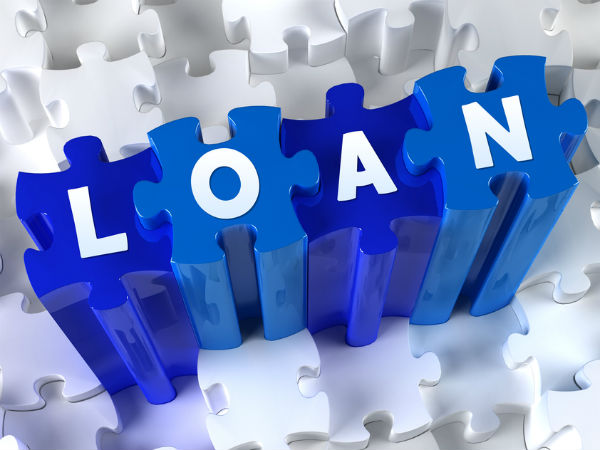6-Month EMI Moratorium Ends On 31 Aug; Here's How Loan Repayment Will Look
On 31 August, the 6-month moratorium on term loan repayment ends. A PTI report citing sources said that it is highly unlikely that the Reserve Bank of India (RBI) will be extending it again as that could impact the credit behaviour of borrowers without resolving the issues being faced by them following the outbreak of the COVID-19.

As part of the relief on economic constraints faced by individuals and businesses due to the coronavirus pandemic, the central bank had allowed banks and other financial institutions to give a 3-month moratorium on debt repayment starting 1 March. This 3-month relief was later extended to 31 August 2020.
The purpose of the moratorium was to provide immediate cash relief to any facing several cash constraints due to disruptions in salary or business receipt. It is expected that with the unlocking of the economy, borrowers should be able to manage their debts.
Deferred instalments under the moratorium were allowed on following payments falling due from 1 March 2020 to 31 August 31 2020:
- principal and/or interest components
- bullet repayments
- Equated Monthly Instalments (EMI)
- credit card dues
Calculating your extended liability
You may already be aware of the fact that while there was no penalty charged or default issued in the 6-month period for non-payment of EMI, interest shall continue to accrue on the outstanding amount. This will increase the overall interest cost.
Many financial portals and banks have provided online calculators for their customers to compute the interest cost of moratorium before availing the facility.
Note that your credit score will not be affected on missing EMIs during the moratorium period.
For those who opted for the moratorium, deferring on repayment may have provided some breathing space, but the costs of the repayments are likely to add up. It will especially be a costly affair for high costs loans or loans with longer tenure, especially those who have taken the loan in the last 2-3 years.
This is because EMIs on long-term loans are structured in a way that interest components form a large portion of the repayment in the initial years. On missing EMIs in the initial years of the loan schedule, a bigger amount of unpaid interest gets added to the loan.
Those who have been paying EMIs for over 10 years, on the other hand, will find it beneficial because they may have already paid off the interest portion of their loan.
Home loans are the most common type of long-term loan availed and media reports citing surveys say that a large chunk of moratorium seekers during the coronavirus pandemic have been home loan customers.
What options do borrowers have?
To put it plainly, borrowers who opted for the moratorium have 2 options:
- Repay loan from 1 September onwards, if you do not have financial constraints
- Restructure your loan after discussing with the bank
Option 1: Start repaying your EMIs
If you have the ability to repay your loans from 1 September, your bank may allow you to choose between the following:
- Repay accrued interest plus EMI missed in moratorium as a one-time payment.
- Add accrued interest and pending loan amount to existing EMIs, hence increase the EMI amount for the rest of the tenure.
- Convert interest accrued during the period into a separate loan.
- Not change EMI amount and instead extend the loan tenure to adjust the outstanding amount.
It has been advised by experts to first pay the pending EMIs within the next 12 months to be relieved of additional interest incurred and bounce back to the repayment plan.
Option 2: Restructuring
As part of the extended relief provided to borrowers facing financial stress, RBI has allowed restructuring of loans in consultation with their banks. The resolution plan will vary from individual to individual and bank to bank. Borrowers can approach their bank to work out a repayment plan that will work for them as per their financial situation.
Banks will be able to reschedule loan repayments, convert the accrued interest into a different credit facility, etc, depending on their customer's repayment capacity.






























